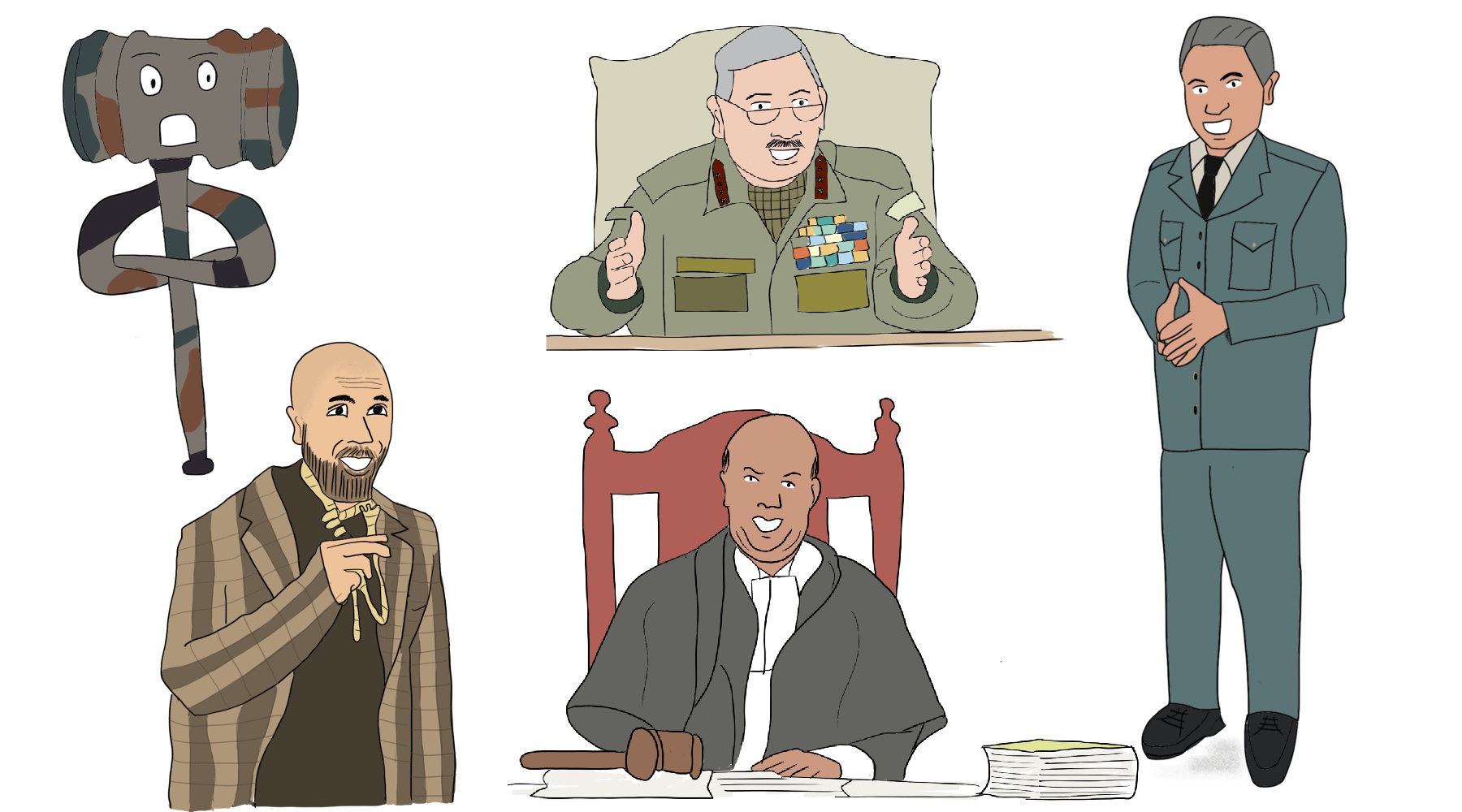The Indian army has created a new human rights cell led by a major general for “greater transparency and probity”.
First, some patriotic precautions.
Indian armed forces are accused at times of violating human rights. In December, the Jammu & Kashmir police filed charges against an Army officer for allegedly killing three men in a fake encounter last year.
The Army already has a human rights cell, set up in 1993.
In 2019, the Army Chief even said the cell was being upgraded to a ‘directorate’.
Has the cell/directorate been effective? Hard to say. Its website hasn’t been updated in nearly ten years.
The Army dismisses most of the allegations of human rights violations it receives.
On what basis were the allegations dismissed? Again, hard to say, because the Army usually doesn’t reveal case information.
What if security forces decide that an allegation is not unfounded? That’s where the military justice system kicks in.
A military court isn’t a permanent body like a regular court. It involves a trial by a temporary jury of soldiers convened by a senior officer.
And then there’s the JAG.
So does the court-martial system meet the basic requirements for a fair trial?
In some cases, military courts have convicted soldiers, only for the judgements to be undone by an appeals tribunal on flimsy grounds
An aside: the Indian military justice system for the Army and other forces is based on the British Indian Army Act of 1911. But the UK itself reformed its system after it was ruled to be unfair.
But Indian armed forces still use this flawed system to avoid trials in civilian courts, as they did for the Pathribal fake encounter in 2000.
The main tool that security forces use to block civilian trials is the Armed Forces Special Powers Act, 1958 or AFSPA. This says that even when police find evidence against soldiers, they cannot prosecute them without permission from Delhi.
Whatever the party in power, the central government virtually never grants sanction, or permission, under the AFSPA to conduct civilian trials.
So there must be a rigorous process to decide whether sanction should be granted, right? Right?
International human rights standards say that military courts should not be used in cases of human rights violations.
And Indian defence experts admit our military justice system needs major reform.
No matter how just and honest individual Indian soldiers may be, our military justice system is too faulty to be fair.






















